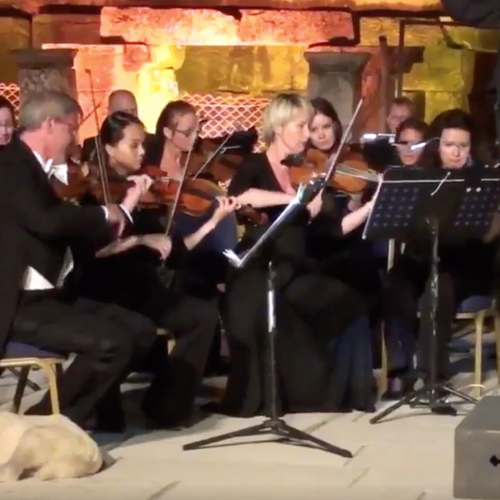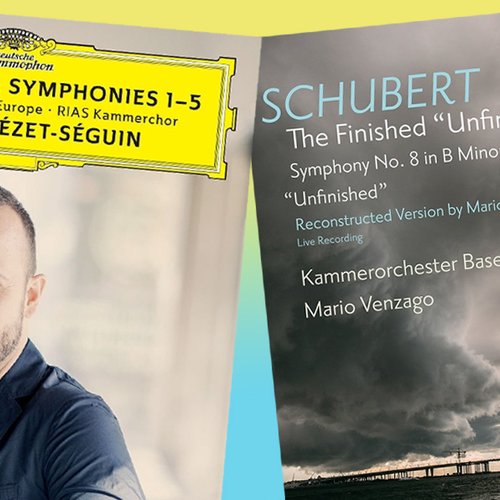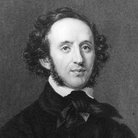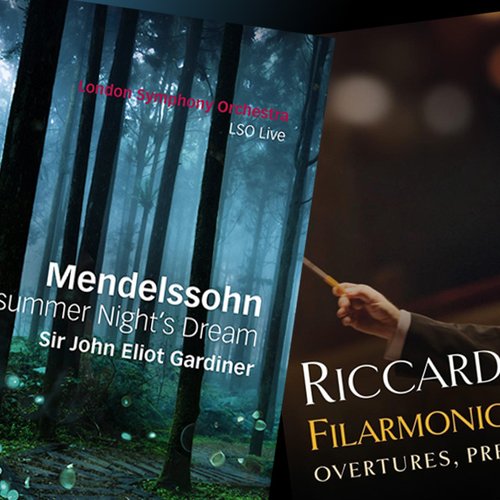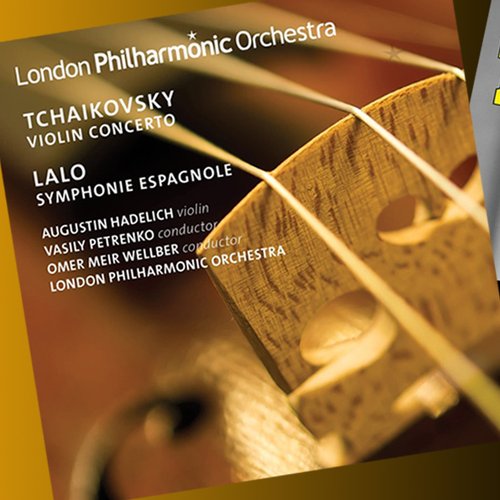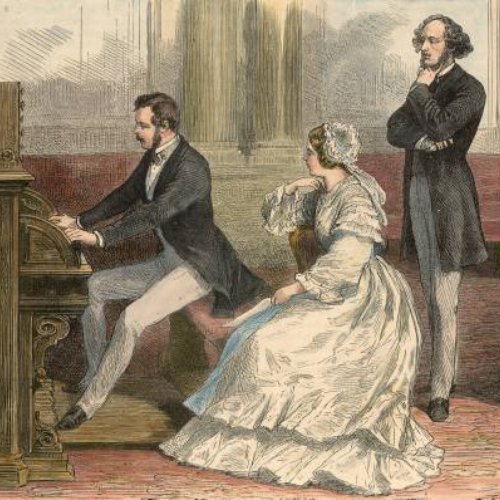The Life Of Mendelssohn: First Signs Of Genius
From the start, brother and sister showed signs of exceptional talent, and although Fanny would go on to become a gifted pianist and the inspired composer of over 450 pieces (mostly miniatures), it was Felix Mendelssohn who commanded everyone’s attention with his burgeoning genius across a wide range of disciplines.
He excelled at virtually everything, from philosophy, linguistics and swimming to water colours, poetry and gymnastics, yet it was above all music that activated his creative imagination.
He began regular piano lessons with his mother aged six and within a year his playing had developed to such an extent that Marie Bigot – a fine virtuoso, who had won the admiration and friendship of Beethoven – was hired to take over.
Within no time, Felix was playing at sight just about anything she cared to throw at him, while simultaneously transposing the music into different keys. Aged nine he made his public debut with Czech composer Jan Dussek’s note-spinning Concerto Grande whose high-wire finger acrobatics made a considerable impact on his own piano writing.
Meanwhile, Felix had also mastered the violin and viola. Both instruments would play "second fiddle" to the piano throughout his career, but as composer-pianist Ferdinand Hiller once put it exasperatedly, "Felix never touched a string instrument the whole year round, but if he wanted to he could do it, as he could most other things!"
Despite the violin’s part-time status, aged 14 Mendelssohn played in a performance of Mozart’s Requiem under Luigi Cherubini, and the following year he performed in the Berlin premiere of Beethoven’s Ninth Symphony. As late as 1840, Liszt raved about Mendelssohn’s violin playing in a letter to his then lover, Marie d’Agoult.




